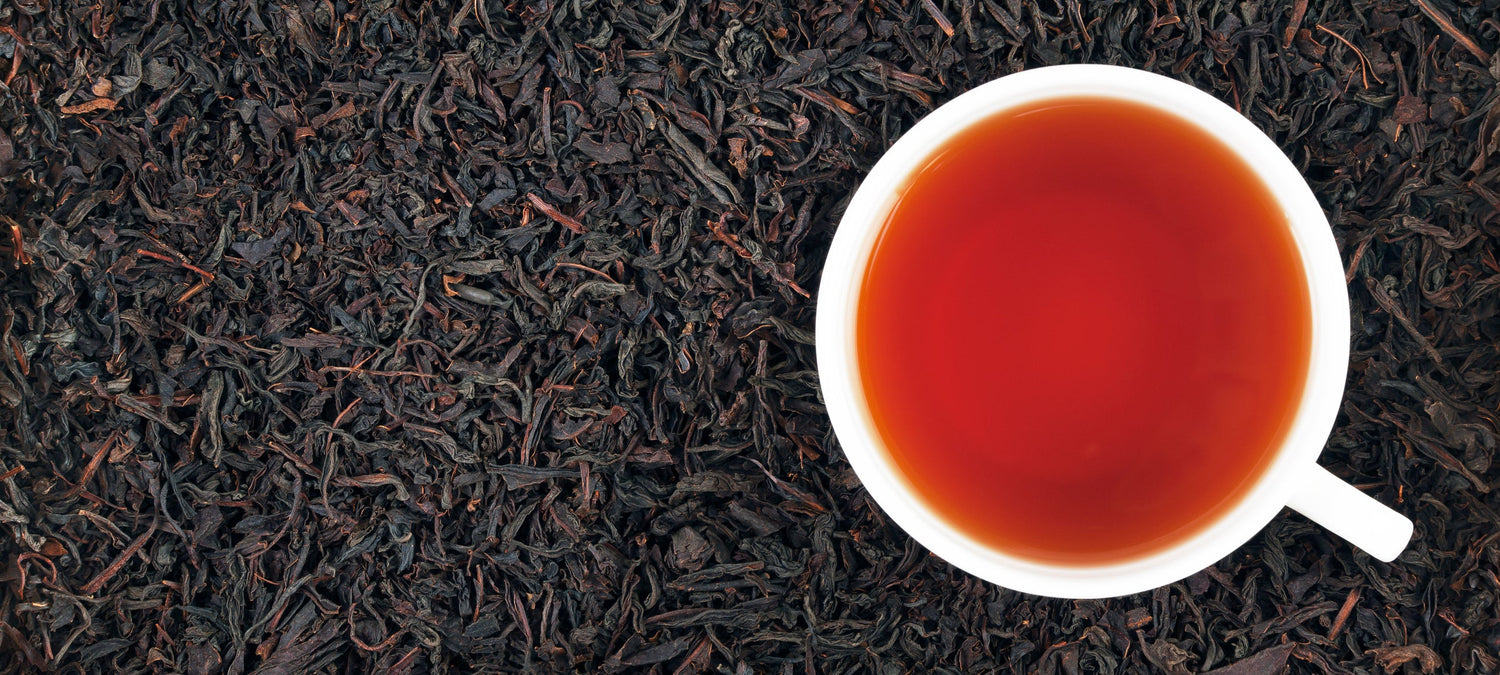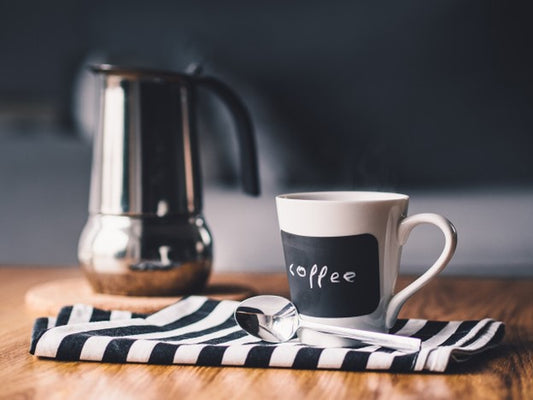It’s a common practice for many of us to drink something as a first thing in the morning. Most individuals choose coffee or tea while others go for other beverages such as orange juice or plain water. Each brew offers unique sensations even while drinking it. It’s a common discussion that “Is tea better than coffee?”
The decision between tea and coffee is frequently based on flavor and health considerations. After a long day, tea is known to provide relaxation, whereas coffee increases alertness and vigor in the morning. However, is one superior to the other? Do you prefer to start your day with a cup of tea rather than coffee?
Both tea and coffee are known for their health-promoting effects. Supporters of both drinks will defend their preferred selection. It might be challenging to determine which beverage is truly healthier for you because both ends of the debate are so passionate. Here, we'll compare the two beverages and provide you with the knowledge you need to make a wise choice.
Hydration provided by Tea and Coffee
Drinking any type of beverage, including tea and coffee, may keep your body hydrated, which is essential for your health. Tea and coffee, however, do not hydrate equally. Although it may seem like coffee is largely water, the additional caffeine it contains works as a diuretic, making you urinate more frequently. The difference isn't significant enough to justify quitting coffee right away, but if you're trying to keep hydrated, drinking herbal teas periodically will often be the most effective choice. [1]
Antioxidant Levels
Antioxidants are substances that help in protecting your body from the harmful effects of free radicals. These substances might delay the onset of aging, several chronic illnesses, and inflammation. There are many different kinds of antioxidants, but polyphenols, which are being researched for their potential to prevent cancer and improve health, are abundant in both tea and coffee.
Even though coffee has more antioxidants than many types of tea, consuming more than four to five cups of coffee a day may be harmful to your health. We suggest sipping on antioxidant-rich tea throughout the day, such as white, rose, and green tea, if you truly want to acquire the greatest number of antioxidants possible. [2]
Caffeine Content
It's been reported that coffee contains two to three times as much caffeine as tea, and is one of the main distinctions between the two beverages. As a result, most people choose to drink coffee in the morning or as a mid-afternoon pick-me-up since they relate it to an energy boost.
There is undoubtedly enough caffeine in a normal cup of coffee—between 80- 100 milligrams—to keep you up and energized. Although it's not a good practice to rely on caffeine for all of your energy, coffee's caffeine level may be particularly helpful for those who work a lot or may not be getting as much sleep as they need.[3]
There is some evidence that links caffeine to weight loss. However, coffee isn't always beneficial. Caffeine has also been found to worsen conditions including anxiety and sleep disturbances. Too much caffeine can also make us nervous or dizzy.
Recently, scientists have questioned how caffeine affects different aspects of our circadian rhythm. According to research, caffeine intake can alter your circadian cycle, which might aggravate existing sleep problems.
But caffeine is also present in most teas. You must monitor your caffeine intake when drinking tea as certain varieties of tea can carry up to 50 mg per cup. Green tea contains about 20-40mg of caffeine in a cup which is a much healthier option to enjoy the beverage. Herbal teas on the other hand are devoid of caffeine and boost energy. The majority of herbal teas, such as chamomile tea, rose tea, holy basil tea, and chrysanthemum tea are the best options to try to elevate energy levels. [4]
Coffee undoubtedly provides a rapid energy boost, but many individuals claim that switching to tea instead of coffee gives them more consistent energy levels and greater levels of productivity.
How is Tea Better Than Coffee?
Tea and coffee are frequently the top competitors when selecting healthier beverages. However, coffee has a somewhat negative impression of its chemical composition. Excessive intake of coffee has been linked to numerous illnesses, including headaches and nausea. Contrarily, tea has long played a significant role in traditional medicine, making it one of the best options for treating many of these conditions.
Both tea and coffee are abundant in antioxidants which provide protection against free radicals and reduce the risk of chronic diseases. They can reduce inflammation, prevent cellular damage, and protect against cancer. Coffee and tea both provide hydration to the body, but the high caffeine content in coffee makes the person pee more.
L-theanine- an amino acid present in tea health increases GABA levels which can reduce stress and calm the nerves. Studies revealed that consumption of l-theanine with caffeine provides potential benefits over using the caffeine alone. [6]
Caffeine and catechins present in tea help increase weight loss, coffee does the same as it may suppress appetite and limit calorie intake leading to weight loss. The most favorable compound in green tea is EGCG, a catechin with several potential health advantages. When combined with caffeine, it could offer additional advantages over pure coffee, such as boosting fat oxidation and promoting weight reduction. In fact, research suggests that green tea may have the exact opposite effect, considerably lowering bad cholesterol, whereas unfiltered coffee, in contrast to filtered coffee, may raise the amount of bad cholesterol. [7] [8]
Unlike coffee, which may cause teeth discoloration, tea helps boost oral health by preventing bacterial infection. Tea can increase tooth strength due to the minerals present in it and prevent tooth decay. [9]
Caffeine intolerance and negative effects such as jitters, anxiety, and sleep problems are the major drivers behind switching to tea. Tea won’t make you jittery, and there is a reduced likelihood of overdosing on caffeine. As the caffeine effect wears off, the individual experiences a caffeine surge making them feel more exhausted. L-theanine-an amino acid from tea provides consistent energy and improves calmness and sleep.
FAQs
Which is better for digestion, coffee, or tea?
Tea may be a suitable choice for persons with acid reflux as it is gentle to the stomach and less acidic than coffee. Ginger and peppermint herbal teas in particular are well renowned for their ability to calm uneasy tummies.
Is tea better than coffee to lose weight?
When included in a balanced diet and healthy lifestyle along with moderation, both tea and coffee can help with weight reduction. Catechins, for example, are found in tea, especially green tea, and they may increase metabolism and encourage fat burning. Due to the presence of caffeine, coffee can help speed up metabolism and reduce appetite. The choice between tea and coffee for weight reduction ultimately comes down to taste preferences and caffeine tolerance, but neither one can be depended upon as the only weight loss option.
Which is healthier, coffee or tea?
Both coffee and tea have specific medicinal properties and can be used as a part of a balanced diet. Coffee may be preferred before workouts or when you need a rapid boost of caffeine, whilst tea may be a better choice if you're sensitive to the effects of caffeine or searching for a peaceful beverage you can enjoy all day.
Is it safe to drink coffee or tea in pregnancy?
It is advised to limit the amount of caffeine during pregnancy; however, herbal teas devoid of caffeine are healthy options to enjoy during pregnancy. Remember, there are some herbal teas that can cause uterine contraction such as parsley, sage, and other teas should be avoided in pregnancy to reduce any risk.





